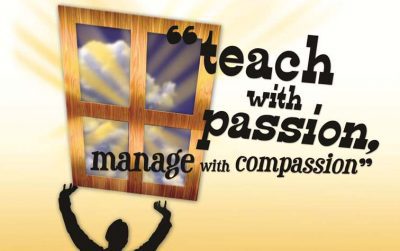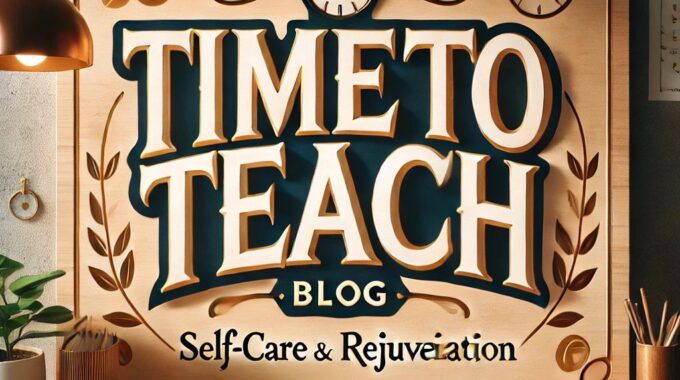As we turn the corner into spring, it’s the perfect time to refresh our teaching…
Leadership for Deeper Learning: Excerpt 02
We believe in thanking our sources! This post was sourced from the following blog/website: http://feedproxy.google.com/~r/dangerouslyirrelevant/~3/E8k4-eHm7PM/leadership-learning-excerpt-02.html
The following is a new blog post related to education and teaching and relevant to our website visitors. The blog post is not based on the opinions or values of our company but is related to education and teaching, so we wanted to share it with YOU! If you ever have any questions please let us know. Now… on to the post!
 [To celebrate our upcoming book, Leadership for Deeper Learning, I am publishing an excerpt each day for a week before its release. We interviewed leaders at 30 different ‘deeper learning’ schools around the world in 2019 and 2020. We then followed up those interviews with site visits, observations, on-site photographs and videos, and additional conversations. Our goal was to try and parse out What do leaders at innovative schools do that is different from their counterparts in more traditional schools? As you might imagine, we saw some fantastic leading, teaching, and learning. We describe what we saw in detail in the new book and, in Chapter 7, articulate a Profile of a Deeper Learning Leader that’s based on empirical research, not just anecdotes. We think that this book makes a unique contribution to what we know about leadership in deeper learning schools. The book is written for a practitioner audience and is full of concrete, specific examples to get folks thinking about possibilities. Also, every main chapter concludes with Key Leadership Behaviors and Support Structures. If you order it, let me know what you think!]
[To celebrate our upcoming book, Leadership for Deeper Learning, I am publishing an excerpt each day for a week before its release. We interviewed leaders at 30 different ‘deeper learning’ schools around the world in 2019 and 2020. We then followed up those interviews with site visits, observations, on-site photographs and videos, and additional conversations. Our goal was to try and parse out What do leaders at innovative schools do that is different from their counterparts in more traditional schools? As you might imagine, we saw some fantastic leading, teaching, and learning. We describe what we saw in detail in the new book and, in Chapter 7, articulate a Profile of a Deeper Learning Leader that’s based on empirical research, not just anecdotes. We think that this book makes a unique contribution to what we know about leadership in deeper learning schools. The book is written for a practitioner audience and is full of concrete, specific examples to get folks thinking about possibilities. Also, every main chapter concludes with Key Leadership Behaviors and Support Structures. If you order it, let me know what you think!]
Excerpt 02
Innovation is iterative, of course. Leaders and schools don’t just launch new initiatives and then coast. One Stone is a prime example of iterative innovation, where each subsequent cycle broke away from the previous norm just a little bit more. One Stone started as an after-school, experiential service program that was serving around 200 students from 15 different schools. The leaders realized that kids were leaving school, coming to One Stone, and staying up until 10:00pm every night working on projects. During those early years, students would say things like, “Why can’t we just do this all day?” and “Why can’t this be learning? I do more learning here than I do at school.”
In true student-driven form, the leaders of One Stone kicked off a 24-hour ‘think challenge’ at an indoor arena at Boise State University. The event drew 150 students and also included a number of professionals from the worlds of education, research, and business entrepreneurship. The group spent 24 hours together focusing on how education could be reimagined. Smaller think tanks within the group each worked on the concept of “How might we reimagine education?” Through this process, everyone came to realize that the education students experienced in more traditional schools was not relevant to them, both in the present and in regard to where they wanted to go. Students struggled to connect their learning at their local high schools with what they needed out in the real world.
This notion of creating a new school based on relevance and purpose led to One Stone’s guiding principles, which the school affectionately calls ‘the Blob,’ or Bold Learning OBjectives. When discussing One Stone’s curriculum, the leaders described how they don’t necessarily have one. What they do have, however, are learning objectives that focus on mindset, creativity, knowledge, and skills. A crucial aspect of the Blob is the idea of failing forward. Chad, the director of research and design, talked to us about how getting students to fail forward is a huge challenge because students have been in the performance zone for the first eight or so years of their lives: “Everything students do [in traditional schools] counts as a score. Students are constantly being evaluated. Students are not necessarily challenged to take risks intellectually, academically, whatever it might be.”
Leadership for Deeper Learning, Chapter 2
Time To Teach reviews each blog post by our contributors but if you feel this is a blog post better suited for another page please let us know.
Teachers and Educators are our heroes. We want to thank you for the work you do!
Yours In Education!
Time To Teach

